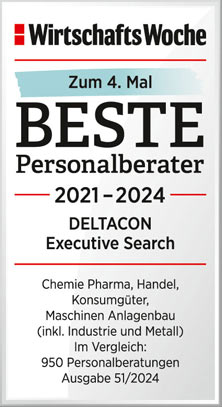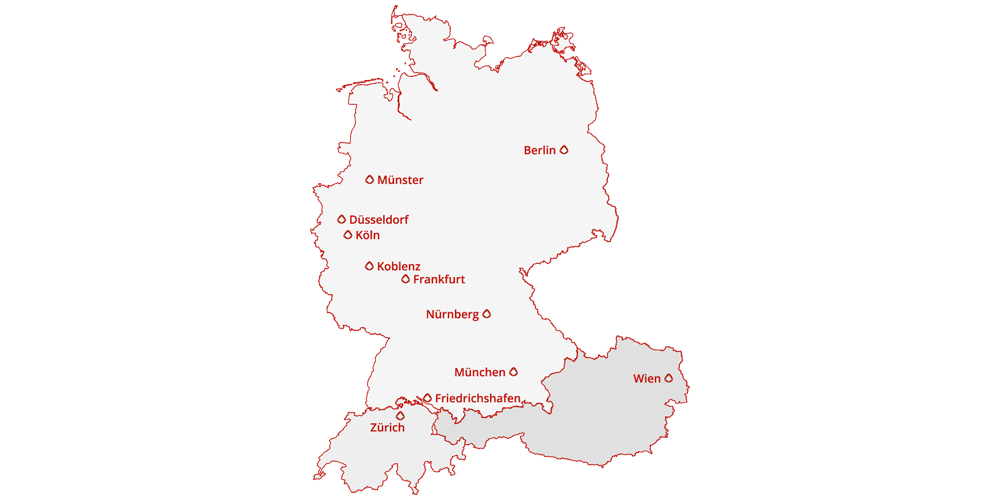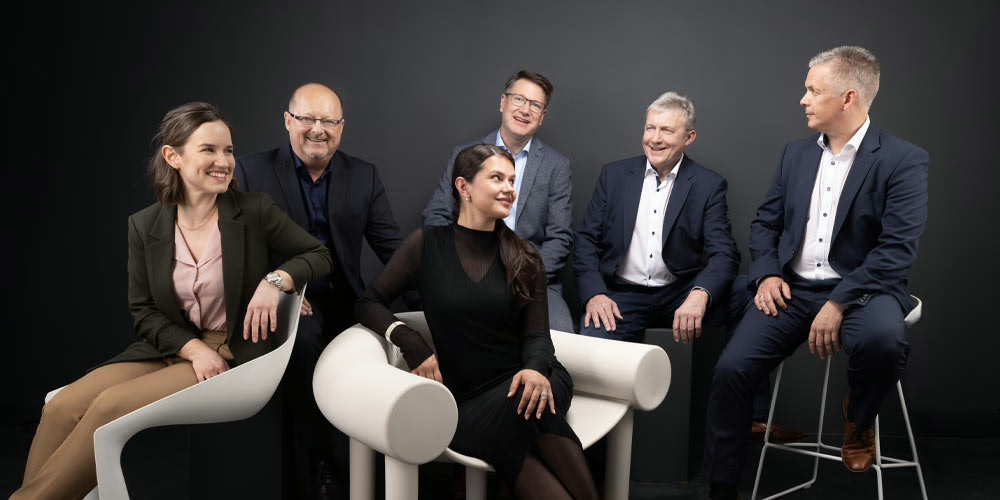Career – from a multi-national to a start-up company
Today companies invest a lot in the professional development of their talent both specialists and management. Nevertheless, there is a natural fluctuation in all organizations and industries, because employees are not always happy with content or timelines of their career development and consider a change to another employer with potentially better career prospects.

Career in a multi-national company (MNC).
In most cases, the career path in an international company is quite well-defined. It is obligatory, that all employees have their “Individual Development Plan” outlining possible career goals and the related necessary steps: vertical and horizontal, from graduate to specialist, leadership, working in small teams and large teams, national and international, plus project responsibility, and finally working in headquarters and affiliates.
MNC: diversity and internationalization!
It is the main target of all international, multi-national, especially stock-listed companies, to build a diverse organization. The career starts in a graduate program where the best students from the best universities worldwide get attracted and hired. During the first 1-2 years graduates will rotate 2-3 times to different locations and different jobs and become familiar with the company standards, the way of doing business and the company culture. Thereafter, international rotations will continue in a 2-3 years’ rhythm and after approximately 10 years employees will have reached senior management level. However, this route is not always predictable, as the succession pipeline is crowdy and filled with plenty of potential candidates competing for a limited number of career opportunities. Furthermore, the company cannot guarantee anything. Meaning: no manager can make promises what will be the next step, and depending on the performance of the candidate and the economic development of the company, sometimes the career can come to a standstill for 1-2 years.
At this point, at the latest, the candidates are actively thinking about a change, or are at least approachable about it.
Switch to the competition?
The simplest and often practiced change in the search for better career opportunities is the switch within the same industry, even to direct competitors. The candidate brings the necessary tried-and-tested expertise, knows the industry, its players, the dynamics of the market and will be able to get involved very quickly in the new company and in the new organization. Even if such a move might be sweetened by an attractive salary increase, it remains to be seen whether such a step is career-promoting.
Start-up – a valid career step?
Moving to the other extreme – the change from a big company to a start-up must be viewed in a more differentiated manner: You are leaving the safe harbor of the corporation and jumping into a start-up adventure with little structure, a young company with no sales, that still has to develop its product and the marketing strategy. One would think that candidates from big companies with their experience, proven standards and processes fit in wonderfully where they can contribute very well to the development of the company and its infrastructure.
Characteristics of the start-up.
It’s natural for a small, fast-growing company to prioritize other goals such as development, growth, and swift success, and thus be unable to develop and scale its organization uniformly.
There is a culture here characterized by entrepreneurship, flexibility, innovation, „speed“, without major administrative barriers. Also, we often find here small departments with few employees and correspondingly less managerial responsibility, but with flat hierarchies and a lot of teamwork and coordination.
Responsibilities are not yet clearly defined and the organization needs pragmatic managers with a “hands-on” mentality who are willing to pull up the sleeves themselves and close existing or emerging gaps. All that matters is “to get the things done”, clear focus is on developing the product (or service or technology) and get it to the market ASAP. Everyone in a start-up hopes for a quick success with the ambition to revolutionize the market, to shift boundaries. The words „disruptive“ and „game changer“ have a revolutionary ring to them.
This is a striking contrast to business in a big company, in which transparency, planning, security and avoidance of risks dominate. The management team and governance routines ensure that no mistakes will be made. After all, you want to signal continuity, security and the attractiveness of your investments to your customers and shareholders.
The start-up is more ambitious, consciously accepts risks, wants to be better, smarter and faster than traditional established companies. The prospect of earning much more money much faster is correspondingly appealing. With the change to a start-up, the candidate exchanges stability, continuity and security for dynamism and risk.
Financial considerations – dreaming of the big deal!
The remuneration models established today in the industry typically consist of a market-conform base salary and an annual performance bonus (short-term incentive, STI). Depending on the job, position and responsibility, more benefits like company car and pension scheme may also be added. For listed companies, upper management often also is granted a long-term component in the form of shares, options, RSUs.
The purpose of these long-term incentives LTI’s is to retain key people and to build a long-term commitment related to the more strategic goals of the company.
In start-ups, however, base salaries are usually lower and the annual performance bonus (STI) is very often linked to the achievement of milestones goals rather than to quantifiable targets, sales, profit or market share, which in this early phase do not exist yet.
But: The really attractive component in a start-up is the participation of the employees via shares, option schemes or ESOPs (Employee Stock Ownership Plans). Those schemes have the potential to multiply the invested capital in a relatively short period of time (3-5 years). Also – in order to attract top candidates from MNCs – it is a common practice to offer those packages as so-called „signing-on fee“.
Consequence – higher risk for more money?
From a pure career development point of view and without taking private aspects and circumstances into consideration, the move from a MNC to a start-up can absolutely be value-adding to the competences of a candidate. It must be clear that it also means to leave the comfort zone of the MNC and expose oneself to a more volatile business environment with a much higher risk level. Not everybody can or is willing to accommodate with this change. So the prospect of “more money” alone cannot compensate for a risk and potential break in the professional career. This evaluation and risk assessment must be done individually with professional tools like competence-based interviews and a clear understanding of the respective company culture. Only then, the underlying parameters for the career decision are more transparent and tangible.
DELTACON Executive Search – 11 partners representing all key industries, trade and services.
Multiple awards including „Headhunter of the Year“ in our flagship discipline „Executive Search“ prove the trust of our customers in DELTACON. This is due to the fact that we understand very well your company needs, your employees and corporate culture, as well as your markets, their dynamics and the competitive situation. After all, our 11 partners come from these industries themselves, where they have gained many years of leadership experience and industry sector expertise.
Equipped with this «asset», we are the ideal discussion and sparring partner for both companies and candidates.
Von Thomas Heeger
Personalberater für Pharmaindustrie, Medizintechnik und Diagnostik
Thomas Heeger ist Gründungspartner von DELTACON und Managing Partner von DELTACON an unserem Standort in der Schweiz in Zürich. Sein Competence-Center umfasst den Life Science Bereich mit den Branchen Pharmaindustrie, Medizintechnik und Diagnostik. Als „Brachen-Insider“ mit mehr als 20 Jahren Management- und Leadership-Erfahrung in führenden Unternehmen kennt er das Business in internationalen Konzernen, deren Filialen, aber auch die Bedürfnisse und Thematik in innovativen Life Science Start-ups.






